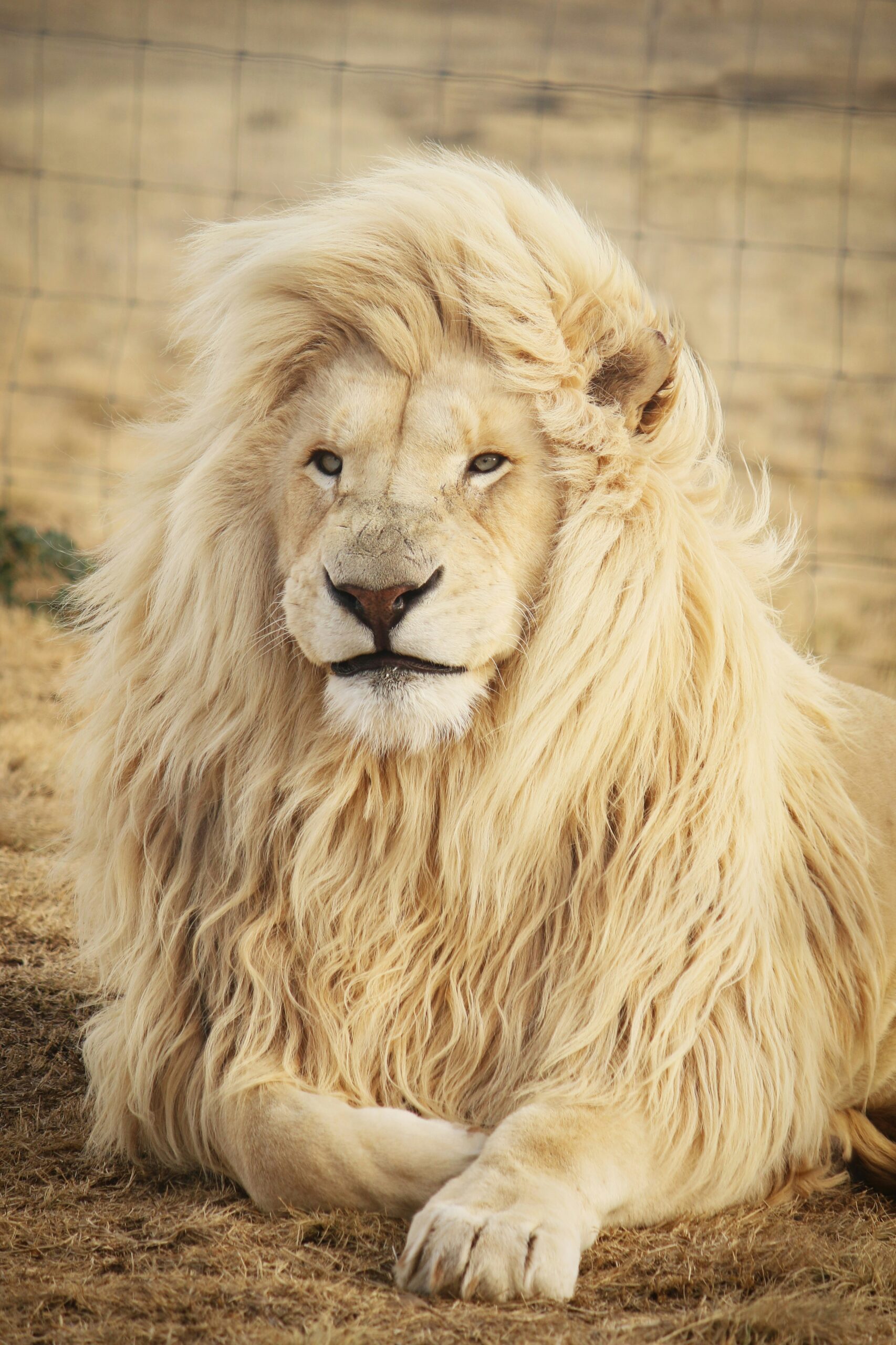Get ready to embark on a thrilling adventure as you step into the tranquil realm of the Shasta Valley Wildlife Refuge. Nestled amidst the picturesque landscapes of California, this sanctuary holds a hidden treasure: rare bird species waiting to be discovered. Prepare to be captivated by the enchanting melodies of native birds as you roam through the sprawling refuge, allowing nature to surround you in its breathtaking beauty. Unleash your inner birdwatcher as you embark on a quest to spot these elusive creatures in their natural habitat. This article will guide you on an unforgettable journey into the heart of the refuge, where you'll witness the wonders of birdwatching like never before.
Getting to Know Shasta Valley Wildlife Refuge
Location
Located in Northern California, the Shasta Valley Wildlife Refuge is a hidden gem for birdwatching enthusiasts. Situated in Siskiyou County, this refuge spans an impressive 4,700 acres, making it a haven for a diverse range of bird species.
The History
The Shasta Valley Wildlife Refuge holds a rich history that dates back to the early 1900s. It was established in response to the decline of migratory waterfowl populations and has since become a vital sanctuary for both resident and migratory bird species. Over the years, the refuge has undergone various restoration efforts to enhance its habitats and provide a safe haven for endangered species.
Land Features
The unique landscape of the Shasta Valley Wildlife Refuge adds to its charm and appeal for birdwatchers. The refuge is characterized by vast grasslands, wetlands, and woodlands, creating a variety of habitats that attract a wide range of bird species. The lush vegetation and meandering waterways provide the perfect environment for birdlife to flourish.
Accessible Facilities
To ensure that birdwatchers can make the most of their visit, the Shasta Valley Wildlife Refuge offers a range of accessible facilities. Visitors can find well-maintained hiking trails, observation decks, and blinds strategically placed throughout the refuge for optimal bird viewing. In addition, there are picnic areas, restrooms, and ample parking spaces to cater to the needs of nature enthusiasts.
Why Shasta Valley Wildlife Refuge is a Perfect Birdwatching Spot
Natural Ecosystem
The Shasta Valley Wildlife Refuge boasts a thriving natural ecosystem that supports a diverse range of bird species. The refuge's wetlands are teeming with life, offering an abundant food source for waterbirds such as ducks, herons, and egrets. The interplay between the different habitats creates a harmonious balance that allows both residents and migratory birds to thrive.
Variety of Habitats
One of the main reasons why the Shasta Valley Wildlife Refuge is a prime birdwatching spot is its remarkable variety of habitats. From tranquil marshes to expansive grasslands, the refuge encompasses a spectrum of ecosystems that cater to the preferences of different bird species. Whether you are interested in observing waterbirds, woodland birds, or field and grassland birds, this refuge has it all.
Season Variations
What sets the Shasta Valley Wildlife Refuge apart from other birdwatching destinations is its distinct seasonal variations. Visitors can witness remarkable changes in bird populations as the seasons unfold. During spring and fall, for example, the refuge becomes a convenient stopover for migratory species, offering birdwatchers a chance to observe a vast array of birds in a single visit. Each season brings its own unique charm and an opportunity to spot rare and elusive species.

Bird Species in Shasta Valley Wildlife Refuge
Water Birds
Water birds are a prominent feature of the Shasta Valley Wildlife Refuge. The wetlands provide an ideal habitat for various species, including graceful waterfowl such as Mallards, Canada Geese, and Hooded Mergansers. With their vibrant plumage and elegant movements, these birds create a mesmerizing spectacle for birdwatchers.
Woodland Birds
The woodlands of the Shasta Valley Wildlife Refuge are home to numerous bird species. Warblers, sparrows, and woodpeckers are just a few examples of the diverse woodland birdlife that can be observed in this refuge. These avian inhabitants are known for their beautiful songs and intricate nests, adding an element of serenity to the birdwatching experience.
Field and Grassland Birds
The expansive grasslands of the Shasta Valley Wildlife Refuge provide a welcoming habitat for a variety of field and grassland birds. Here, visitors can encounter majestic raptors like the Northern Harrier and the Ferruginous Hawk. Additionally, species like the Western Meadowlark and the American Kestrel grace the grasslands with their vibrant colors and melodious calls.
Rare Bird Species in Shasta Valley Wildlife Refuge
Endangered Bird Species
The Shasta Valley Wildlife Refuge plays a crucial role in the conservation of endangered bird species. The California Black Rail, a rare and elusive marsh bird, is among the endangered species found in the refuge. By providing a protected environment and suitable habitat, the refuge contributes to the preservation efforts of these imperiled avian populations.
Species Seldom Sighted
Bird enthusiasts visiting the Shasta Valley Wildlife Refuge may be fortunate enough to catch a glimpse of some seldom sighted species. The refuge has occasionally been graced by the presence of the Great Gray Owl, known for its ethereal appearance and silent flight. The Black-chinned Sparrow, another elusive bird species, is also among the occasional visitors that add excitement to any birdwatching adventure.
Birds of Concern in the Area
Apart from endangered and seldom sighted species, the refuge is also home to several bird species of concern. These include the Tricolored Blackbird and the Prairie Falcon, whose populations face various threats. By observing and reporting sightings of these birds, birdwatchers can contribute to ongoing research and conservation efforts.

Birdwatching Tips for Beginners
Essential Equipment
For beginners venturing into the world of birdwatching, having the right equipment is essential. Make sure to bring a pair of binoculars with good magnification and clarity. A field guide or a birdwatching app can also be handy for identifying different bird species. Additionally, dress appropriately with comfortable shoes and clothing that allows for easy movement.
Time of Day
The time of day can greatly affect bird activity, so it's important to plan your birdwatching excursions accordingly. Early mornings and late afternoons are generally the best times to maximize bird sightings. During these times, birds are more active and vocal, making it easier to spot and identify different species.
Behaviour Observation Basics
Observe the behavior of birds to enhance your birdwatching experience. Look out for unique behaviors such as mating rituals, feeding patterns, or courtship dances. Take note of the types of habitats and perch locations that different birds prefer. By understanding their behaviors, you can gain a deeper appreciation for their lives and habits.
Advanced Birdwatching Techniques
Photography Tips
For those interested in capturing stunning images of birds, photography can be a rewarding aspect of birdwatching. Invest in a quality camera with a telephoto lens to capture birds from a distance. Patience is key in bird photography, as it may take time to capture that perfect shot. Study the birds' behavior and habitats, and experiment with different angles and lighting conditions to create captivating photographs.
Field Identification Techniques
As your birdwatching skills progress, you'll likely want to identify bird species on your own. Improving your field identification techniques is crucial for this. Pay attention to key identification features such as size, shape, color patterns, and beak shape. Familiarize yourself with common bird families and their distinguishing characteristics to help narrow down your identification process.
Understanding Bird Calls and Songs
Bird calls and songs are another important aspect of birdwatching. By familiarizing yourself with different bird vocalizations, you can identify species based on their distinctive sounds. Online resources, smartphone apps, and audio field guides can greatly assist in learning and recognizing various bird calls. Practice listening to different species and try to decipher their unique melodies.

Etiquette and Ethics of Birdwatching
Respecting Wildlife
Respecting wildlife should be a top priority when engaging in birdwatching. Maintain a safe distance from nesting sites, roosting areas, and feeding grounds to avoid disturbing the birds. Avoid making sudden movements or loud noises, as these can startle and disrupt their natural behaviors. Remember that you are a guest in their environment and must leave no trace of your presence.
Avoiding Disturbance
When birdwatching, it's crucial to minimize disturbance to ensure the birds feel safe and comfortable. Stay on designated trails and paths to avoid trampling sensitive vegetation and disturbing nesting areas. If you need to use binoculars or cameras, make sure not to point them directly at nesting birds, as this can cause unnecessary stress. Always prioritize the well-being of the birds above your personal desire for observation.
Sharing Observations Responsibly
If you come across rare or unusual bird species, it's important to share your observations responsibly. Report your findings to local birdwatching organizations or conservation groups to contribute valuable data to ongoing research. However, exercise caution when sharing precise details of nests or sensitive locations to prevent disturbance or endangerment of the birds.
Conservation Efforts in Shasta Valley Wildlife Refuge
Habitat Protection Initiatives
The Shasta Valley Wildlife Refuge actively engages in habitat protection initiatives to preserve its diverse bird populations. By implementing restoration projects and collaborating with conservation organizations, the refuge ensures the longevity of essential habitats. Wetland preservation, reforestation efforts, and the maintenance of native vegetation all contribute to the overall well-being of the bird species in the area.
Species-Specific Conservation Projects
To address the unique needs of various bird species, the Shasta Valley Wildlife Refuge participates in species-specific conservation projects. These projects focus on the breeding, nesting, and feeding requirements of specific birds, helping to support their populations. By actively monitoring these species and implementing targeted conservation strategies, the refuge plays a crucial role in their survival and recovery.
How Visitors Can Help
Visitors to the Shasta Valley Wildlife Refuge can actively contribute to conservation efforts. By adhering to the refuge's guidelines, such as staying on designated trails and reporting any unusual or rare bird sightings, visitors can provide valuable information to researchers and conservationists. Additionally, supporting local conservation organizations financially or through volunteer work further aids in preserving and protecting the refuge's bird species.
Local Birdwatching Community
Local Birdwatching Groups
The Shasta Valley Wildlife Refuge is not only a sanctuary for birds but also a gathering place for birdwatching enthusiasts. There are several local birdwatching groups where like-minded individuals can share their passion for avian observation. These groups organize regular birding trips, educational talks, and workshops, creating a vibrant community for bird enthusiasts to connect and learn from one another.
Community-Sponsored Events
Throughout the year, the Shasta Valley Wildlife Refuge hosts a variety of community-sponsored events focused on birdwatching and conservation. These events range from guided bird walks led by experts to workshops on bird identification and photography. Attending these events provides opportunities to learn from knowledgeable individuals while enjoying the company of fellow bird enthusiasts.
Places to Share Sightings and Tips
Share your birdwatching experiences and sightings with others by utilizing platforms where the birdwatching community congregates. Online forums, social media groups, and birdwatching websites allow you to share your photos, sightings, and tips with a broader audience. These platforms also provide opportunities to learn from others, discover new birdwatching hotspots, and connect with fellow birdwatchers around the world.
Other Attractions in Shasta Valley
Hiking Trails
In addition to its remarkable birdwatching opportunities, the Shasta Valley Wildlife Refuge offers scenic hiking trails that allow visitors to immerse themselves in the beautiful natural surroundings. These trails wind through diverse habitats and provide the perfect opportunity to observe other wildlife such as deer, coyotes, and small mammals.
Picnic Spots
For those looking to enjoy a peaceful meal surrounded by nature, the refuge offers several well-maintained picnic spots. Located strategically throughout the refuge, these spots provide picturesque views and a tranquil atmosphere, making them an ideal place to relax and savor the beauty of the refuge.
Local Artwork & Historic Sites
Exploring the Shasta Valley Wildlife Refuge isn't just about experiencing the beauty of nature; it's an opportunity to discover local artwork and historic sites as well. The refuge collaborates with local artists to showcase their works, from sculptures inspired by birds to paintings depicting the vibrant colors of the refuge. Additionally, there are historic sites in the area that offer a glimpse into the region's rich cultural heritage.
Gift Shop Merchandise and Books
Before leaving the refuge, consider visiting the gift shop located on-site. The shop offers a wide range of merchandise, including bird field guides, books on local wildlife, and unique souvenirs. Purchasing items from the gift shop not only allows you to take home a piece of the refuge but also supports ongoing conservation efforts within the Shasta Valley Wildlife Refuge.
As you venture into the Shasta Valley Wildlife Refuge, prepare to immerse yourself in a birdwatching paradise. With its diverse habitats, rare bird species, and commitment to conservation, this refuge provides an unforgettable experience for both novice and seasoned birdwatchers. So grab your binoculars, listen to the melodies of the birds, and embark on a journey filled with wonder and discovery.
